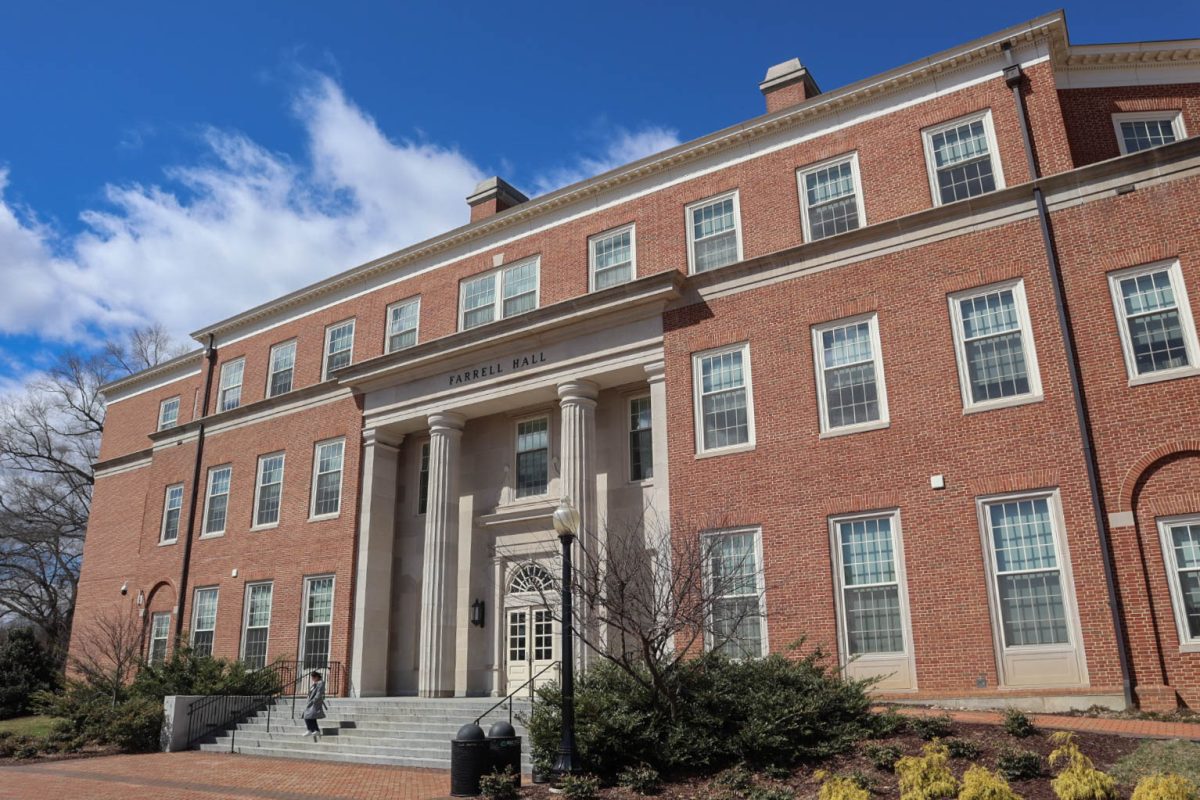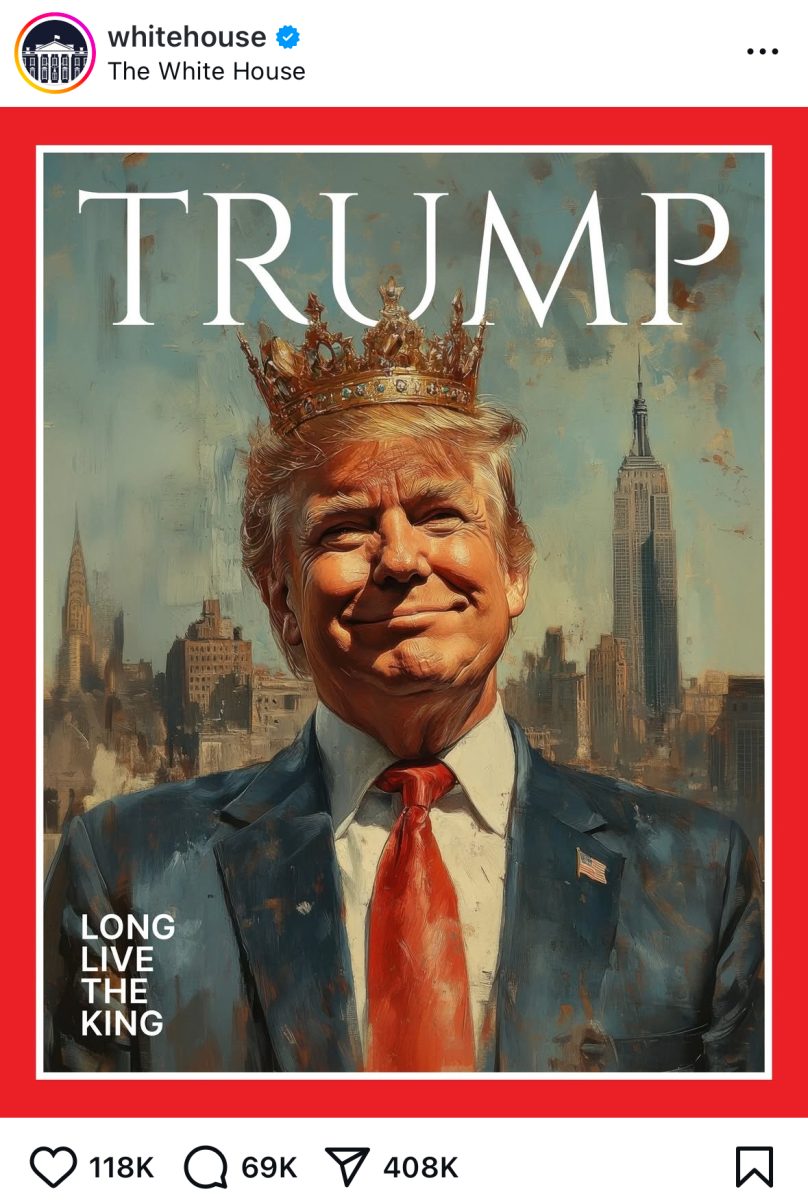On April 10, 2016, Rock ‘n’ Roll Hall of Famer Bruce Springsteen cancelled his concert scheduled to take place at the Coliseum in Greensboro, North Carolina.
Springsteen said in a formal statement that his show’s cancellation was a sign of “solidarity” for North Carolinians whose “human rights” were violated by House Bill 2 that was signed into law March 23.
Springsteen refunded the tickets to his fans, but not without significant backlash from the local community and revenue loss.
North Carolina congressman Mark Walker said that Springsteen’s cancellation was a “bully tactic.”
“It’s disappointing he’s not following through on his commitments,” Walker said.
Many of Springsteen’s fans from North Carolina agree with Walker’s sentiment — as this may be their final chance to see the aging star perform in the Coliseum.
The concert would have marked Springsteen’s ninth appearance in Greensboro, with previous shows achieving the 10th and 11th largest crowds in the venue’s history. Other fans, however, have taken to social media to share their support for the artist’s decision.
Overall, the Coliseum estimates a $100,000 revenue loss from Springsteen’s cancellation.
This is just one more big blow dealt to North Carolina’s economy since the legislation was passed March 23. Springsteen joins artists, such as composer Stephen Schwartz, who have recently cancelled operations in North Carolina. Schwartz, a Tony-award winner best known for his musicals “Godspell” and “Wicked,” refuses to allow future productions of his shows in North Carolina.
Despite the backlash caused by the show’s cancellation, I commend Springsteen on his decision to do what he believes is right and encourage artists to continue to perform actions that prove their strong convictions.
Springsteen remains consistent in his advocacy for equal rights for the LGBT community. Recently, in Dec. 2014, Springsteen joined legendary rock band U2 to perform a surprise concert in New York City on World AIDS Day to show solidarity for those battling HIV and AIDS.
Springsteen’s support for the LGBT community is noted to go all the way back to a 1996 interview with The Advocate.
“Certainly tolerance and acceptance were at the forefront of my music,” Springsteen said in the interview.
Many recognize the appeals for tolerance and acceptance in Springsteen’s work.
“Bruce Springsteen is a hero and an icon because he gives voice, both through his music and his advocacy, to those who struggle against injustice and equality,” human rights campaign’s president Chad Griffin said in a statement.
Forthcoming concerts in Greensboro include Dolly Parton, country music icon and a long-time advocate for equal rights in the LGBT community. Parton has been critical of the “judgement” of the gay community and supports gay marriage. Her show is scheduled for June 3, and I hope that Parton will take a stand similar to Springsteen’s and cancel her show in Greensboro so as to remain consistent in her support for the LGBT community.
Other artists such as Miley Cyrus, Lady Gaga and Macklemore have also been outspoken supporters for equal rights in the LGBT community.
I hope that these artists too have the courage to practice what they preach and cancel shows in areas where legislation runs counter to their views.
The media puts the spotlight on artists and celebrities — a spotlight that, for better or worse — sets an example of living for the youth of the world.
I hope that artists from all ends of the political spectrum set an example of courageous behavior by standing for what they believe in, even though they may face ridicule and monetary loss.
















